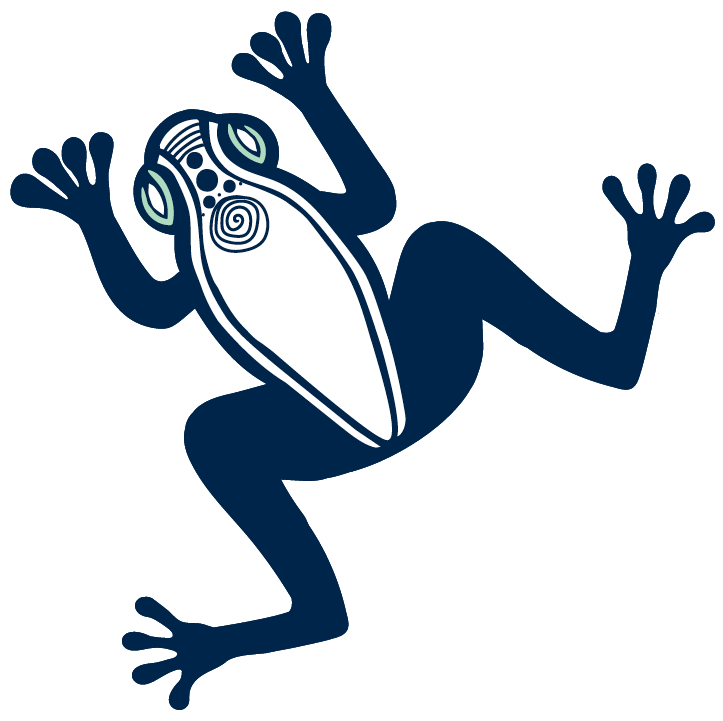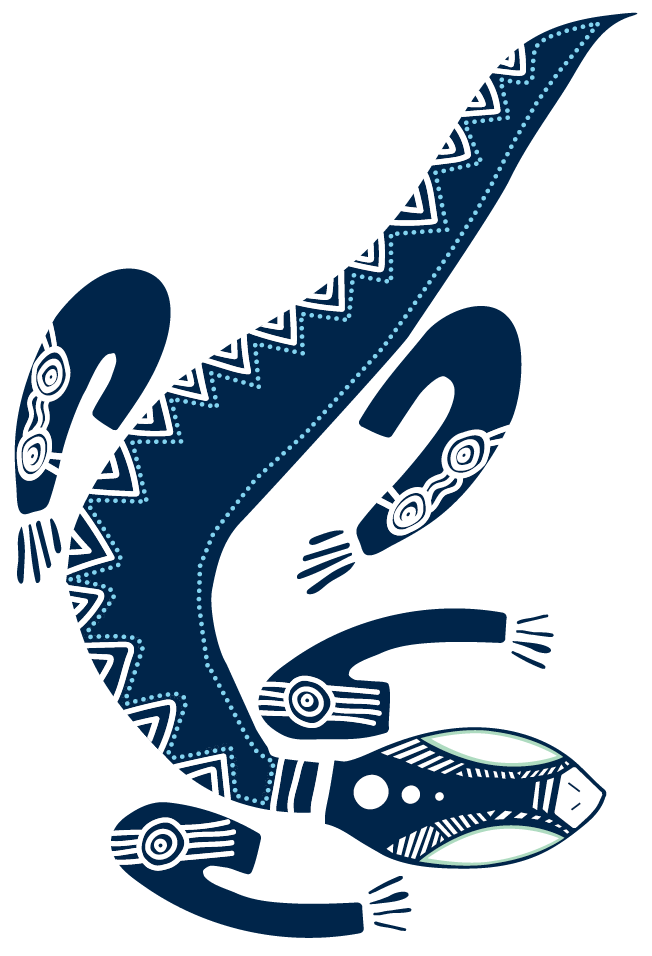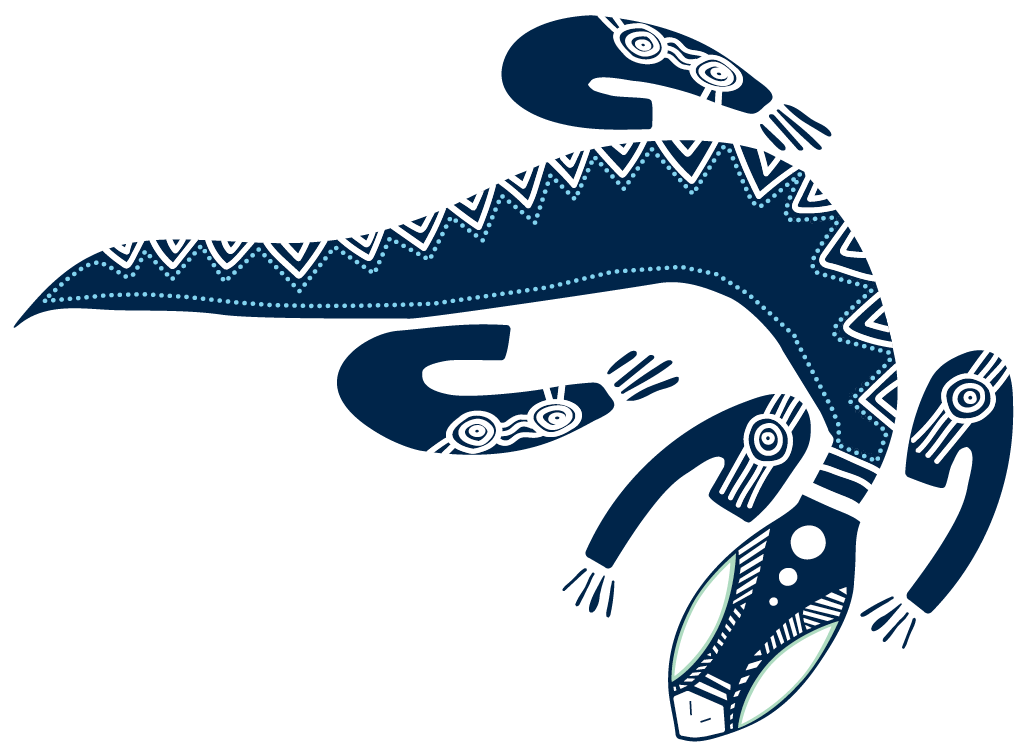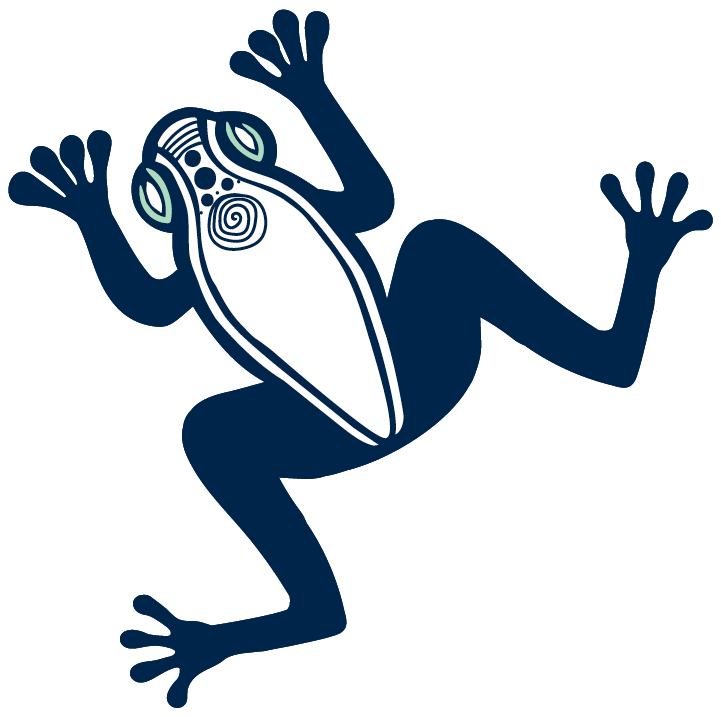WE OPERATE WITHIN
CERTAIN LEGISLATION.
WE OPERATE WITHIN CERTAIN LEGISLATION.
WE OPERATE WITHIN CERTAIN LEGISLATION


SUMMARY OF LEGISLATION

Primarily, the YUP operates within the terms of the Native Title Act 1993 (Cth) and the Aboriginal Cultural Heritage Act 2003 (Qld) (“the ACHA”). Information about this legislation and the YUP native title claim is provided below.

NATIVE TITLE ACT 1993
The Native Title Act provides for the legal recognition and protection of rights and interests held by Aboriginal and Torres Strait Islander people in relation to land and waters, according to their traditional law and customs.
When a native title claim is made on behalf of a Traditional Owner group (a “claimant application”), the Native Title Act requires the claim group to authorise a particular person or group of people to make the application to the Federal Court on their behalf. This person or group of people is known as the “Applicant”. Importantly, the Applicant is authorised by the claim group to make the application (claim) and to deal with matters arising in relation to it.
When a claimant application is filed, the Registrar of the National Native Title Tribunal (“NNTT”) will apply what is known as the “registration test”. In summary, the registration test is the application of certain criteria to a claim, such as in relation to its merits and compliance with procedural requirements of the Native Title Act.

NATIVE TITLE ACT FRAMEWORK
Under the Native Title Act framework, the YUP Applicant is authorised by the YUP group to act jointly on their behalf, subject to particular terms and conditions of their appointment, in relation to the YUP native title claim and related matters (such as Aboriginal cultural heritage).
The YUP Applicant must act in accordance with any terms and conditions of their appointment that are authorised by the YUP claim group. These terms and conditions deal with things like:
- Acting in the best interests of the YUP claim group at all times;
- Implementing decisions made by the YUP claim group;
- How the YUP Applicant will make decisions;
- Types of decisions that can’t be made by the YUP Applicant, and have to be made by the YUP claim group; and
- Dealing with other parties (such as land users) in relation to cultural heritage matters.
In practical terms, this means that the YUP Applicant makes day-to-day decisions about how the YUP claim will be progressed, in line with the decisions made by the YUP claim group. Generally, the YUP Applicant can also make decisions about cultural heritage matters (under the ACHA) and future act matters (under the Native Title Act), unless those decisions are about issues that need to be dealt with by the YUP claim group.
The Native Title Act also allows for people who are not Traditional Owners to make an application to the Federal Court to seek a determination that native title does not exist in a certain area. These types of applications are known as “non-claimant applications”. If a non-claimant application was filed within the registered YUP claim area, the YUP Applicant would also have the right to oppose that application.

FUTURE ACTS FRAMEWORK
In addition to implementing decisions made by the YUP claim group about the native title claim, the YUP Applicant has responsibilities in relation to future acts and other issues which might affect the YUP claim area. For example, the registered YUP Applicant have certain procedural rights (such as to comment or negotiate) in relation to future acts, depending on the nature of the proposed act.
The Native Title Act sets out ways in which certain dealings or acts in relation to land and waters which affect native title can proceed, and sets out particular processes for those dealings. This framework is often referred to as the “future acts regime”.
Broadly, a “future act” is a proposal to deal with land or waters in a way that affects native title rights and interests. For example, future acts can include things like the grant or renewal of certain leases, licences and permits (such as for mining and exploration), the construction of public facilities, legislative acts, and the compulsory acquisition of land by the government.


CULTURAL HERITAGE FRAMEWORK
The registered YUP Applicant have standing as a Native Title Party and an Aboriginal Party for the purposes of the ACHA (Aboriginal Cultural Heritage Act 2003 (Qld), in relation to the protection and management of Aboriginal cultural heritage within the YUP claim area.
Under the ACHA framework, the views of the Aboriginal Party for a particular area are critical in relation to assessing Aboriginal cultural heritage, and for managing activities which are likely to have an impact on cultural heritage.
The role of the YUP Applicant as an Aboriginal Party includes things like:
- Being consulted by, negotiating with, and reaching agreement with land users in relation to how cultural heritage within the YUP claim area is protected and managed;
- Assisting with the assessment of any cultural heritage significance of particular areas and objects; and
- Responding to proposals for cultural heritage studies.
In certain circumstances, the YUP Applicant may also seek the assistance of the Land Court, such as to mediate a dispute in relation to a cultural heritage management plan, or to seek orders about activities that may harm cultural heritage.
The YUP Applicant may also take other action to prevent the unlawful harm to Aboriginal cultural heritage, such as by seeking a “stop order” from the relevant Minister, which probits someone from staring a particular activity, or requires them to stop that activity immediately.


